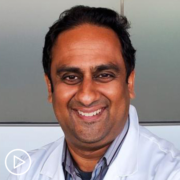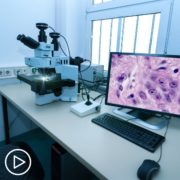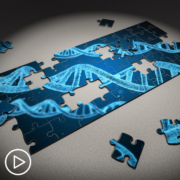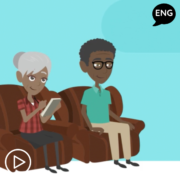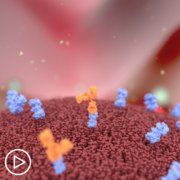Dr. Nirav Shah: Why Is It Important for You to Empower DLBCL Patients?
Dr. Nirav Shah: Why Is It Important for You to Empower DLBCL Patients? from Patient Empowerment Network on Vimeo.
How can diffuse large B-cell lymphoma (DLBCL) care providers empower their patients? Expert Dr. Nirav Shah of the Medical College of Wisconsin explains methods he uses to help patients gain confidence and to create a relationship of collaboration and trust with patients.
See More from Empowering Providers to Empower Patients (EPEP)
Related Resources:
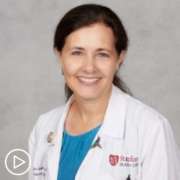
|
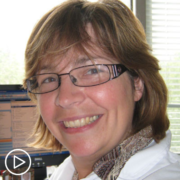
|
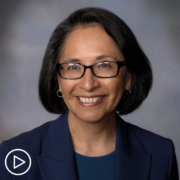
Dr. Ana Maria Lopez Why Is It Important for You to Empower Patients |
Transcript:
Dr. Nirav Shah:
So when I meet a new patient with diffuse large B-cell lymphoma, whether it’s in the frontline or in the relapsed/refractory setting, my main goal is to develop a partnership with them. Yes, I am the expert and the person who has knowledge on how to treat the disease, but the patient is a person going through it. And so what I try to do is educate them, review the options, and then guide them and try to help them come to a decision as to what is that best treatment there is, but again, with my educated guidance. And often patients need to make that decision themselves, especially our older patients who may have other values about how they want their life to be in their seventh or eighth decade.
And so what I try to do is have this collaborative discussion where I review the options and sort of say, “Well, this is what I think is best.” Why do I think that’s important? I think that patients today have access to a lot of information, and they’re going to be able to read a lot of things, and I think it’s important to be honest and up front that often there is more than one option for their disease, whether it’s frontline or relapsed, and then help them understand why I’m choosing a particular pathway for them and giving them that ability to make that final decision about, this is the way that I want to proceed.
By empowering them, I think it makes them a partner in their care, in the care that you’re providing them, it creates trust in a relationship between an oncologist and a patient, which is just so important to have because without having that trust it’s difficult to ask these patients to sacrifice their health, sacrifice sometimes important family events to be able to do the treatments that we’re prescribing. And so that’s sort of my approach, is through good education, review of information, through guidance, but ultimately allowing them to make that decision as to what they think is the best path among the options that I presented.

